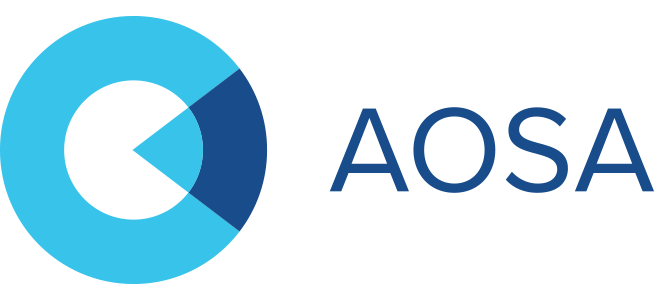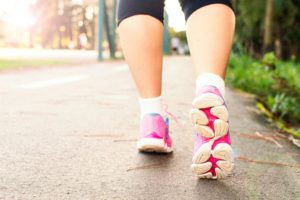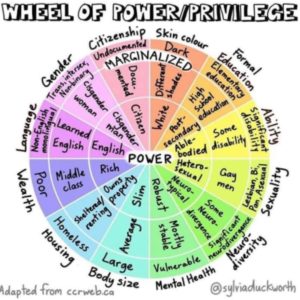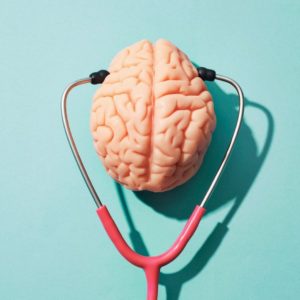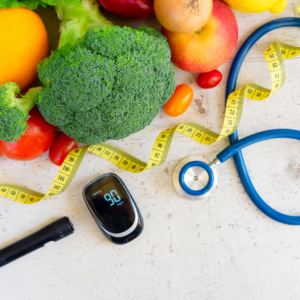Optometrists are leaders in eye care. When we become doctors, patients will rely on us for information and guidance so their vision is the best it can be. This starts with us working as the best students we can be. We know there are plenty of lectures and studying involved in optometry school and taking care of ourselves will ensure that we are prepared and focused for the work to come. One of the most meaningful ways we can do this is through physical activity and regular exercise. Even if only a couple of times a week, we can still get many benefits from exercise.
Mental health
Grad school can be a stressful time for anyone, and going through school during a pandemic brings its own extra stressors into our lives. It is crucial to seek counseling or help for mental health issues if necessary. Additionally, physical activity brings immediate benefits such as rejuvenated energy, mood boosts, and decreased stress. These short-term benefits also offer the most motivation for sticking to an exercise routine, (1) and we could all use a little less stress in our lives.
Physical health
Some of the commonly discussed health benefits of physical activity are improved cardiovascular health, increased bone density, a decrease of systemic diseases such as diabetes, and improved sleep. Besides this, we know that overall health is connected to eye health. Just one example of how exercise can help our eyes is its connection to alleviating oxidative stress. As future optometrists, understanding the importance of physical activity will allow us to better treat our patients holistically, and not just as the eyes.
School
Physical activity helps us focus more efficiently on our schoolwork and improves study habits. Research has repeatedly demonstrated that regular aerobic exercise improves cognitive function. (2) Incorporating exercise regularly into our schedule gives us an extra opportunity to practice self-discipline, and this makes it easier for us to adhere to a study routine.
One of the best things about physical activity is that there are endless ways to do it. I like to go for walks and follow along with exercise videos on YouTube, but cycling, hiking, running, yoga, weightlifting, and many more give us the opportunity to improve our health as well, allowing us to be better students, and eventually
- Gellert P,ZiegelmannJP, Schwarzer R. Affective and health-related outcome expectancies for physical activity in older adults. Psychol Health. 2012;27(7):816-28. doi: 10.1080/08870446.2011.607236. Epub 2011 Aug 25. PMID: 21867397.
- Voss MW,Nagamatsu LS, Liu-Ambrose T, Kramer AF. Exercise, brain, and cognition across the life span. J Appl Physiol (1985). 2011 Nov;111(5):1505-13. doi: 10.1152/japplphysiol.00210.2011. Epub 2011 Apr 28. PMID: 21527670; PMCID: PMC3220305

